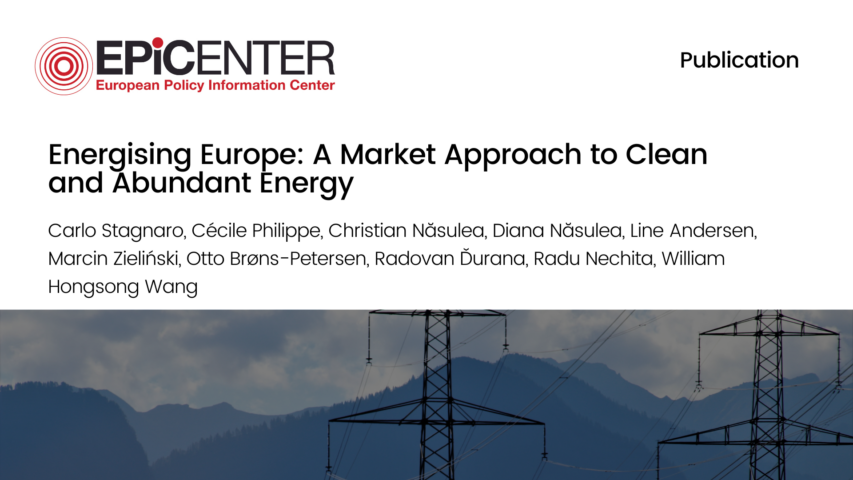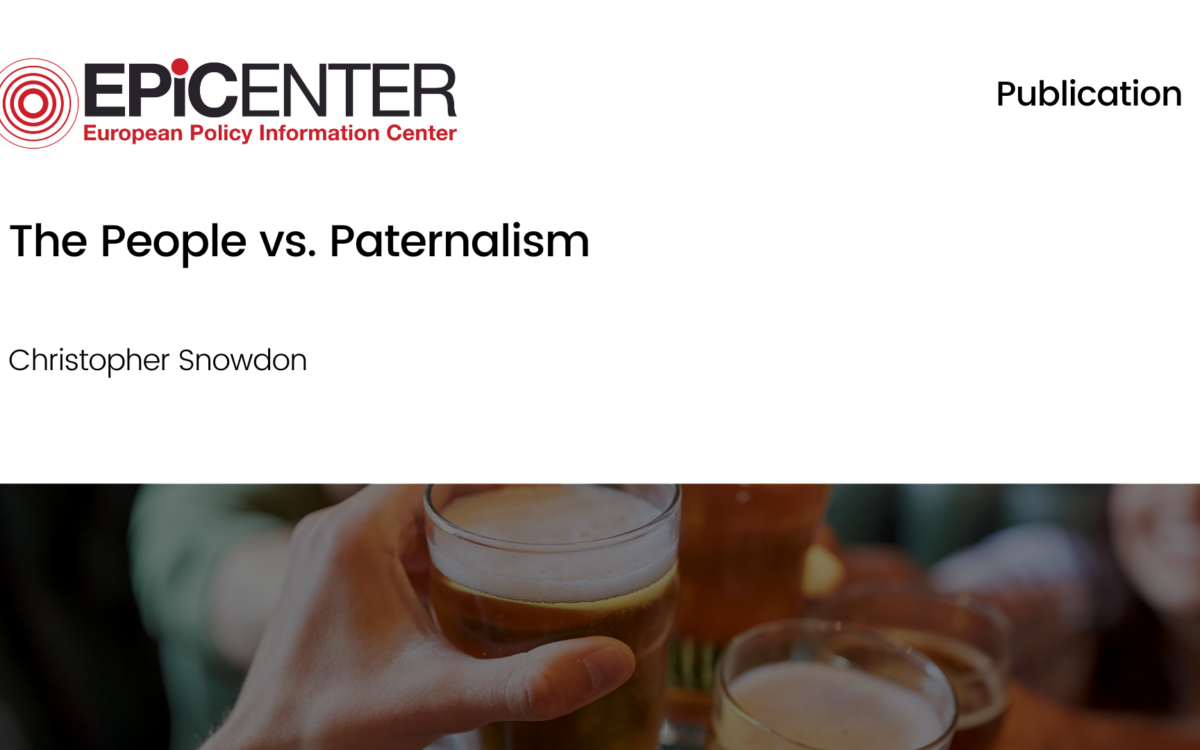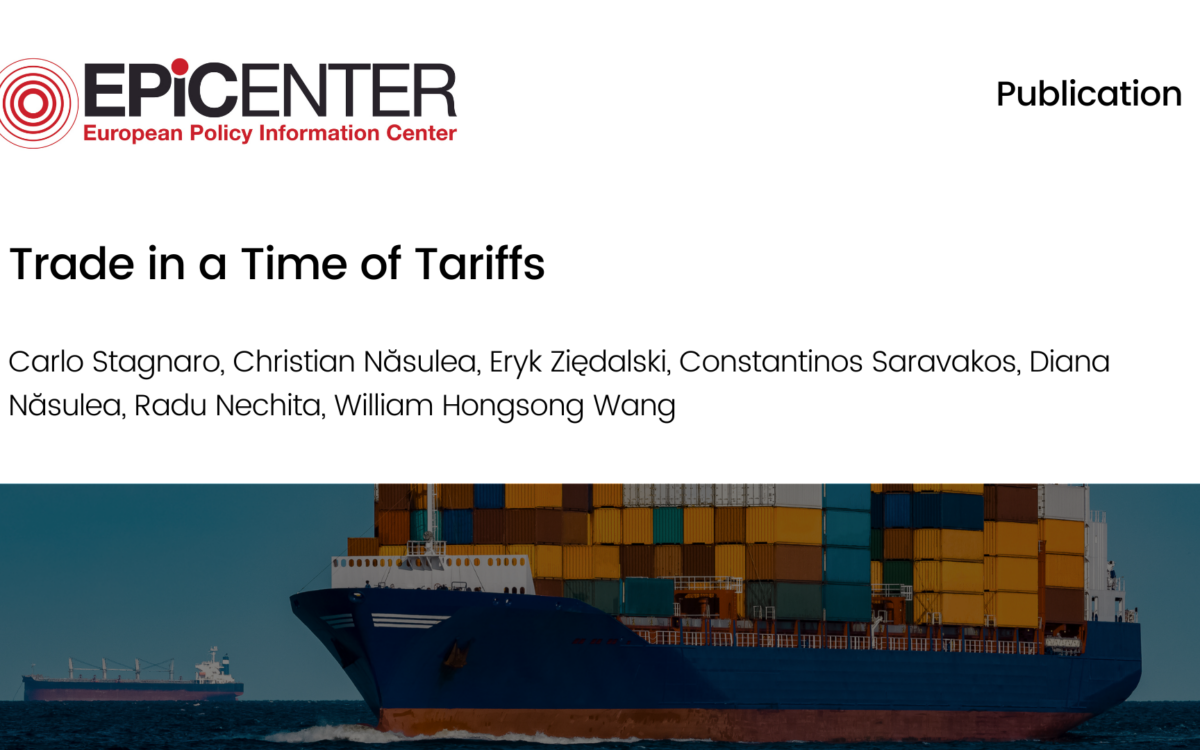Energising Europe: A Market Approach to Clean and Abundant Energy

Energising Europe: A Market Approach to Clean and Abundant Energy
Carlo Stagnaro, Cécile Philippe, Christian Năsulea, Diana Năsulea, Line Andersen, Marcin Zieliński, Otto Brøns-Petersen, Radovan Ďurana, Radu Nechita, William Hongsong Wang // 25 February 2025
The report "Energising Europe: A Market Approach to Clean and Abundant Energy" examines how the European Union can achieve its climate objectives through market-driven approaches rather than heavy-handed regulation. As the EU pursues ambitious environmental targets, the report argues that current policy frameworks often create inefficiencies and unnecessary costs, whilst potentially hindering effective climate action.
The report analyses key areas of EU climate policy, highlighting how market mechanisms and technological neutrality could accelerate the energy transition. It particularly scrutinises the current emissions trading system, energy market structure, and the role of emerging technologies in achieving climate goals.
Key findings of the report include:
- The existing dual emissions trading system creates unnecessary complexity and should be merged into a single, comprehensive framework.
- Current sector-specific regulations, such as the 2035 ban on internal combustion engines, risk increasing costs without improving environmental outcomes.
- Government intervention in energy markets, including price controls and technology preferences, distorts competition and hampers innovation.
- The Black Sea region presents significant opportunities for reducing EU dependency on Russian gas through domestic production.
- Nuclear power, particularly small modular reactors, offers a viable path to decarbonisation but faces unnecessary regulatory hurdles.
- Carbon capture technologies require integration into emissions trading frameworks to drive investment and development.
The report calls for a fundamental rethinking of EU climate policy, emphasising market mechanisms over prescriptive regulation. It advocates for removing bureaucratic barriers, enhancing energy market competition, and establishing technology-neutral frameworks that allow various solutions to compete based on their merits. These reforms are presented as essential for achieving climate objectives whilst maintaining economic competitiveness and energy security.
Download or share this publication
View the PDF
EPICENTER publications and contributions from our member think tanks are designed to promote the discussion of economic issues and the role of markets in solving economic and social problems. As with all EPICENTER publications, the views expressed here are those of the author and not EPICENTER or its member think tanks (which have no corporate view).
Publication tags
- Black Sea gas
- carbon capture
- clean energy
- climate economics
- climate policy
- decarbonisation
- emissions trading
- energy competition
- energy markets
- energy security
- energy taxation
- energy-environment
- environmental policy
- ETS reform
- EU energy policy
- European Union
- market liberalisation
- market solutions
- nuclear energy
- small modular reactors
- technological neutrality



